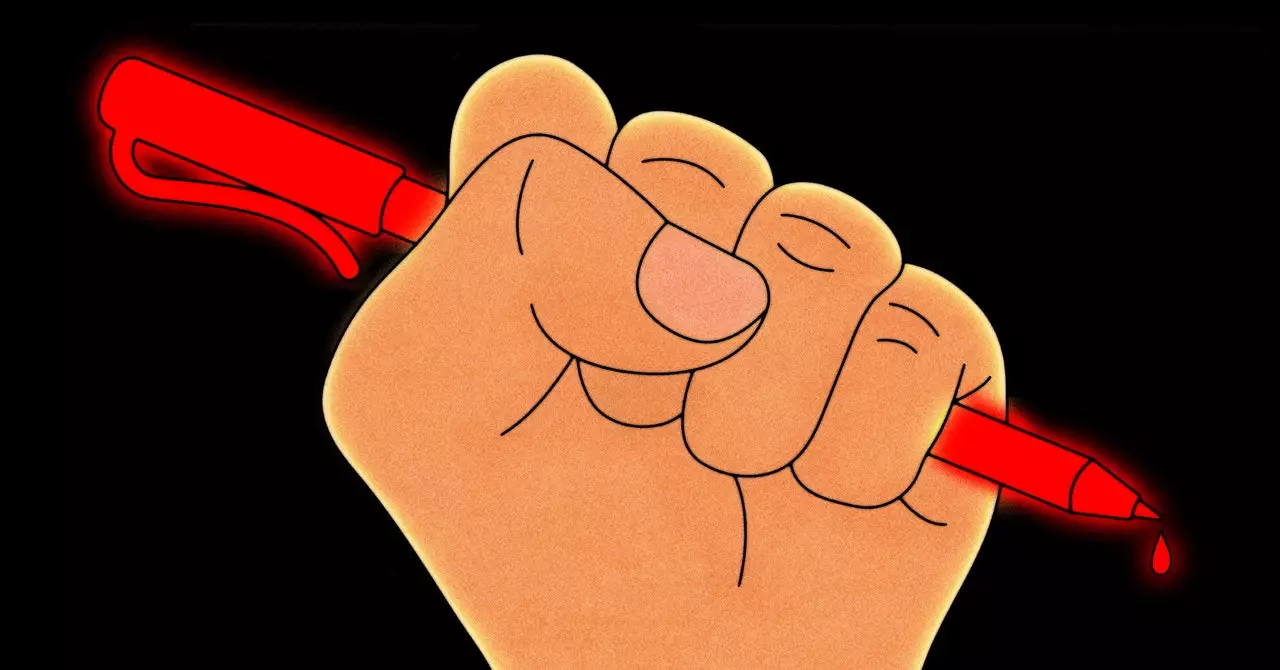The intersection of artificial intelligence and copyright law is becoming one of the most contentious legal arenas today. With the growing capabilities of generative AI technologies, content creation has reached levels unimaginable just a few years ago. However, this unprecedented growth has also triggered a series of lawsuits, primarily focused on the ethical and legal implications of using copyrighted materials without proper consent. A notable example in this ongoing saga is the legal scuffle between Thomson Reuters and a fledgling legal technology startup, Ross Intelligence. This case has not only unmasked the intricacies of copyright infringement in the digital age but also set a precedent influencing the future of the AI industry.
In 2020, as the world grappled with the COVID-19 pandemic, a lawsuit emerged that many observers considered niche. Thomson Reuters, a titan in the legal publishing space, claimed that Ross Intelligence had unlawfully utilized content from its Westlaw research platform. Initially, the case was overshadowed by the overwhelming global crisis, but its significance is now rippling through the legal landscape. More than simply a battle between two tech entities, this legal confrontation symbolizes a broader conflict between established content publishers and emerging AI technologies.
The legal landscape has transformed remarkably within the following two years. Numerous high-profile lawsuits have surfaced, indicating a surge of concern from diverse rights holders. The plaintiffs range from cultural icons such as Sarah Silverman and Ta-Nehisi Coates, to substantial media corporations like The New York Times and music industry giants like Universal Music Group. This diverse cohort underscores the widespread apprehension regarding how AI, particularly generative models, interacts with proprietary content.
Central to these legal battles is the doctrine of “fair use,” which allows for certain unauthorized uses of copyrighted material without permission from the original creator. Proponents of AI technology argue that their applications qualify for fair use, contending that the development and training of AI systems often fall within legal boundaries. They point to contexts such as parody, academic research, and news reporting as justifications. However, critics argue that the scale and commercial relentlessness of AI systems raise significant ethical and legal questions surrounding ownership and remuneration.
The ramifications of these lawsuits extend beyond the involved parties. As major players such as OpenAI, Meta, Microsoft, and Google find themselves embroiled in these legal actions, their ability to innovate could be hindered. An unfavorable outcome could impose restrictions that impede the creativity and productivity of AI companies, ultimately affecting users desperate for new tools and applications that harness AI’s potential.
To keep track of these intricate legal proceedings, resources have been dedicated to visualizing ongoing cases. Tools have emerged to help follow the developments in each lawsuit, identify the companies and creators involved, and contextualize the nature of each claim. As various stakeholders navigate the turbulent waters of the legal system, the clarity brought by these summaries is invaluable.
Particularly fascinating is the case of Thomson Reuters versus Ross Intelligence, which still lingers in the judicial system. Originally slated for trial earlier in the year, the case has faced significant delays. Unfortunately, for Ross Intelligence, the burden of continuous litigation led to its demise, suggesting that legal entanglements can pose existential threats to smaller entities in the tech ecosystem.
These ongoing copyright battles carry implications that extend far beyond the courtroom. The outcome of these cases is poised to influence how artificial intelligence evolves and the legal frameworks that govern its development and utilization. The anxieties surrounding content ownership and compensation in the age of AI underscore the necessity for new legal paradigms that balance innovation with intellectual property rights.
As the legal drama unfolds, one thing is clear: the ongoing tensions between copyright holders and AI companies will continue to shape the landscape of both sectors. The stakes are monumental, reflecting a fundamental clash over the future of creativity and technology. As the world watches, the resolution of these lawsuits could redefine not only how artificial intelligence is developed but also how we understand rights and ownership in a rapidly digitalizing world.

